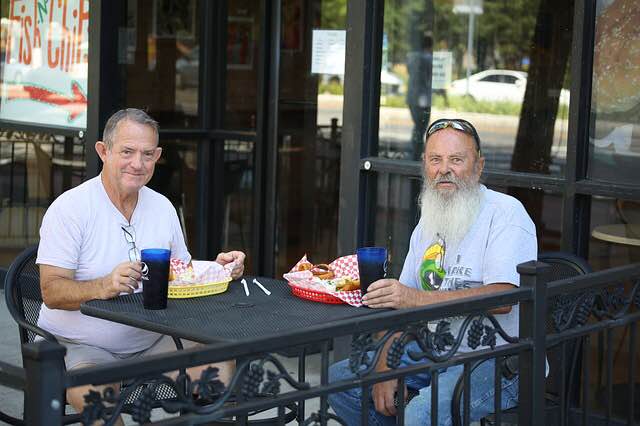|
About 50% of people with diabetes are aged 65 years and above. Living with diabetes maybe tough as every day brings new challenges. As one gets older this becomes tougher and specific age related complications require diligence and care to deal with. This is tough, but not impossible. “My mother has Type 2 diabetes, but she won’t eat. My father gets up and snacks in the middle of the night. My mom complains of going in a hypo (low blood sugar phase) just to eat sweets that she craves”. I often hear these and other gripes from my patients’ carers (mostly their children) all the time. Elderly people with diabetes have higher risks of complications like heart attacks, kidney disease and blindness; they’re more likely than other seniors to end up in nursing homes. But we need to hold back a little and tell ourselves that when it comes to the elderly, quality of life is much more important than (almost sacred) numbers on the glucometer and other laboratory reports. Most medical guidelines state that as a person ages, we need to be a bit lenient with target blood sugar values. Treating diabetes too aggressively can make elderly more prone to hypoglycaemia, or low blood sugar. For frail older people with multiple conditions, this can be more dangerous than high blood glucose readings. There are a number of psychosocial issues that need attending to in the elderly. Poor vision, diminishing hearing, loss of balance etc makes them less confident in managing their own health. Poor oral health, effects of some drugs on the digestive system, limited mobility, dexterity or vision can all make eating difficult. Older people tend to drink less fluids , which can cause dehydration, particularly during bouts of illness. People at risk should have a nutritional assessment and individual advice from a diabetes educator or nutritionist to address areas of concern such as needing extra calories, meal supplements and replacements, weight reduction, low salt diet or manageable foods. It may not always be appropriate to reduce the fat, salt and sugar for every older person with diabetes. Poor or irregular eating can often be a cause of hypos. Few health tips:
Be on the lookout for symptoms of hypoglycemia, make sure you report these to your physician and be actively engaged in making treatment decisions. Treat hypoglycaemia as an emergency. Immediately give 3 hard sugar candies/ 3 tsp sugar or honey or jam/ 3 glucose biscuits/ 150 ml juice or non-diet soda. Avoid treating hypos with chocolates and other sweets like pastries as they contain high amount of fat, and takes more than 30 minutes before they start releasing sugar in the bloodstream. And remember, staying positive goes a long way.
0 Comments
Leave a Reply. |
Author
|





 RSS Feed
RSS Feed
